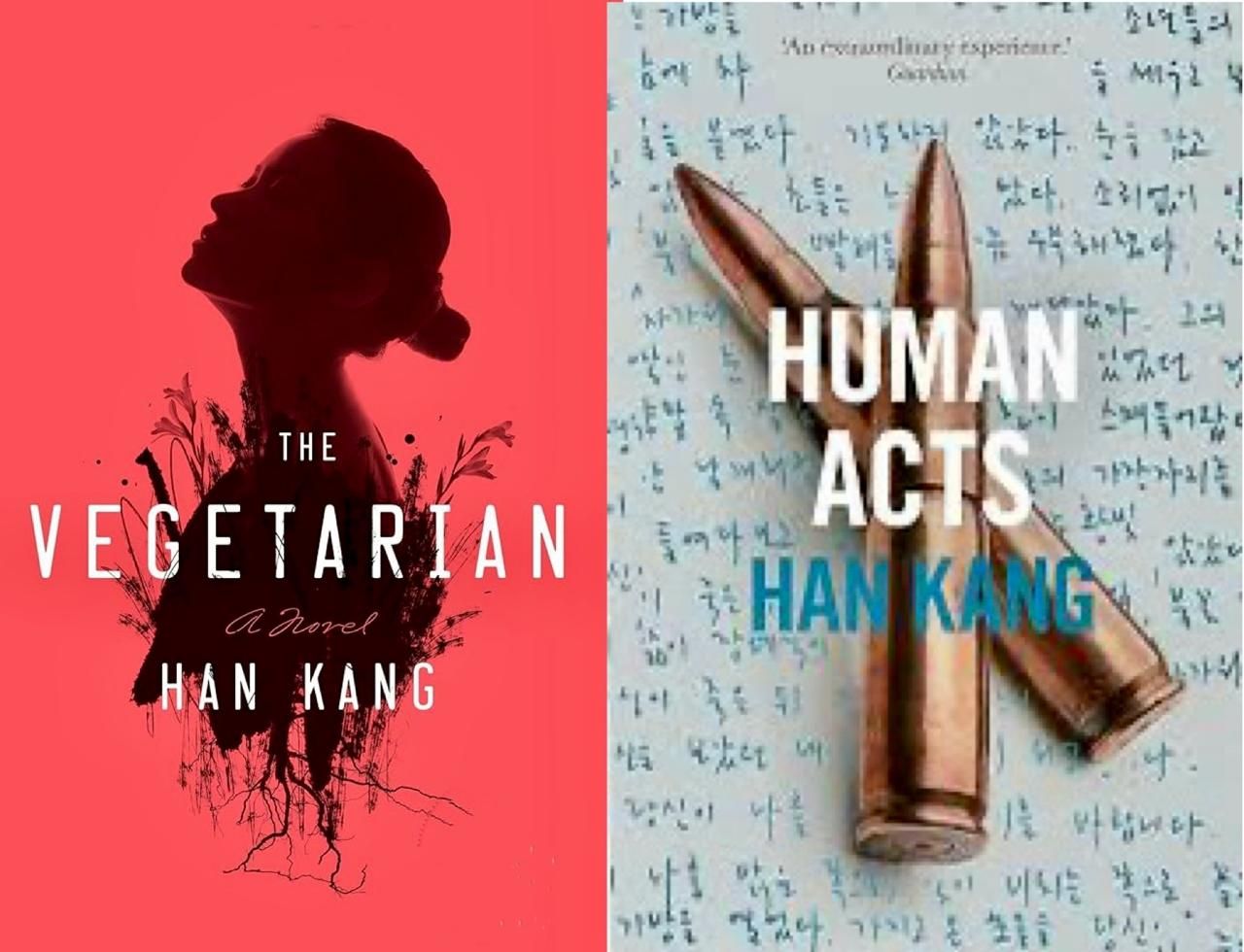
South Korean novelist Han Kang has sparked a literary sensation following her Nobel Prize win, with over a million books sold locally. The achievement marks a historic moment for Korean literature, dramatically boosting the sale of her works and Korean fiction.
Over a million copies of books by Han Kang, the first South Korean to win the Nobel Prize for Literature, have sold in South Korea since the announcement, bookstores reported on Wednesday. The short story writer and novelist is best known internationally for her Man Booker Prize-winning novel The Vegetarian, her first work translated into English.
The 53-year-old author, who also became the first Asian woman to win the Nobel for Literature, was chosen “for her intense poetic prose that confronts historical traumas and exposes the fragility of human life,” according to the Swedish Academy last week.
Han’s win has caused a sensation in South Korea, crashing the websites of major bookstores and publishers as tens of thousands of readers rushed to purchase her books.
As of Wednesday morning, at least 1.06 million copies, including e-books, had been sold since last Thursday’s Nobel announcement, according to reports from Kyobo, Aladin, and YES24, three major booksellers.
“Han Kang’s books are seeing unprecedented demand. This is unlike anything we’ve experienced before,” said Kim Hyun-jung, a spokesperson for Kyobo.
Aladin, an online bookstore, reported a 1,200-fold surge in sales of Han’s works compared to the same period last year, while the success has also driven broader interest in South Korean literature, with sales rising twelvefold compared to the previous year.
Two books that Han recently mentioned she was reading—Judith Schalansky’s Inventory of Losses and Jean-Jacques Rousseau’s Atlas de botanique élémentaire —also saw spikes in sales.
Kyobo Book Centre noted that Han’s works have sold far better than those of other Nobel laureates, adding, “We’ve been in this industry a long time, but this situation feels surreal.”
In South Korea, the excitement is palpable. Han’s alma mater, Yonsei University, hung banners in her honor, and in her hometown of Gwangju, a congratulatory banner was placed on a building fired upon during the 1980 massacre, which inspired her novel Human Acts. Local printing houses worked at full capacity over the weekend to meet demand for her books.
“I haven’t been this busy since joining the company in 2006,” said an employee at Aladin.
With AFP




Comments